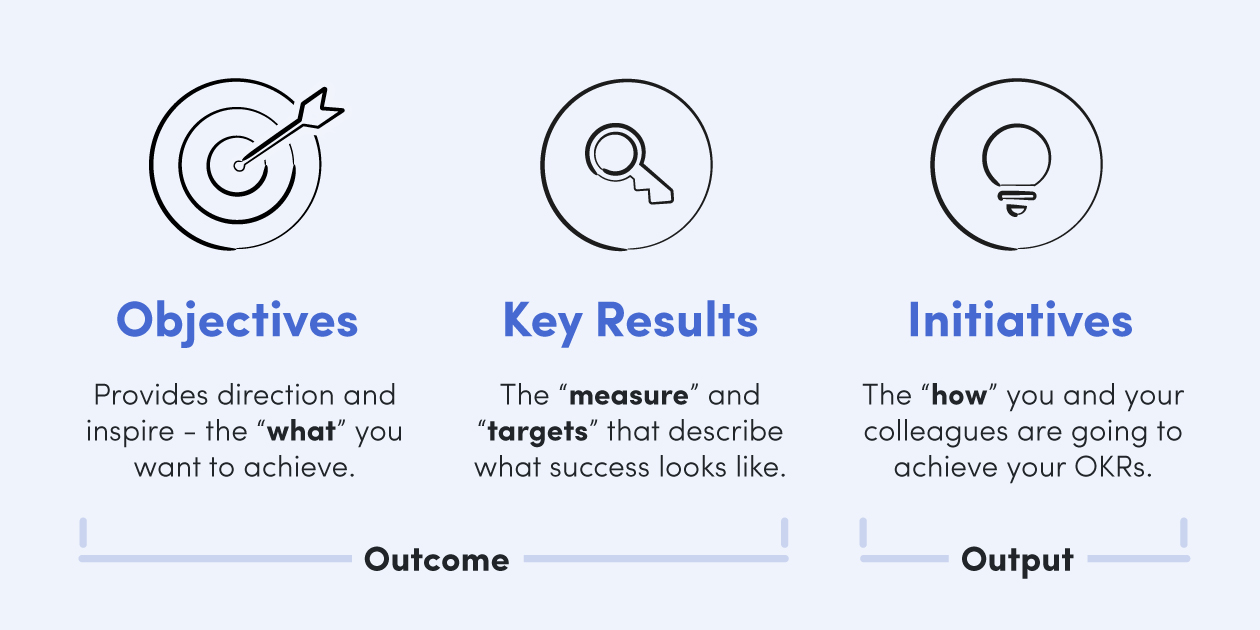Posted on August 1, 2023 by Hakob Sharabkhanyan, CEO & Founder at HackTech
In the dynamic landscape of modern businesses, the success of any company relies not only on engineering capability but also on the effective integration of product and project management. While engineering plays a significant role in creating innovative solutions, it is the collaboration and synergy between product and project management that drive companies towards long-term growth and success.
Synergy of Product and Project Managers
Rather than viewing product and project management as separate entities, businesses should recognize their interdependence. Both roles are crucial for successful product delivery. Product managers set the direction, prioritize features, and focus on customer needs, while project managers execute the delivery, monitor progress, and remove roadblocks.
The collaboration between product and project managers optimizes decision-making. Project managers inform product managers about potential constraints, helping them make realistic and impactful choices. Conversely, product managers keep project managers aligned with the overall vision, preventing projects from drifting away from the intended business need.
Role Differences: Product Managers vs. Project Managers
To harness the full potential of both product and project management, it’s crucial to understand their unique roles. Product managers are focused on customer needs and creating value for them. They act as the voice of the customer and are well-versed in market data and customer feedback. They are responsible for setting the long-term strategy of the product and prioritizing features that provide the most value to customers.
Project managers, on the other hand, are concerned with executing the delivery of the product. They monitor progress, budget, and team dynamics to ensure the project stays on track and aligns with the business objectives. While they may be heavily involved in the project’s delivery, they do not have the same focus on the end product as the product manager.
The Importance of Product Managers
Incorporating product managers into a business brings numerous benefits. They provide a clear vision and direction for the product, ensuring that teams work toward delivering the highest value features. By being customer-obsessed, product managers foster a customer-centric culture within the organization. They make data-driven decisions, saving time on development by focusing on the right features and preventing constant pivoting.
Product managers also strike a balance between short-term and long-term strategies. They define immediate value and plan for future developments to sustain a steady flow of users and reduce churn. With their expertise, product managers become the single point of responsibility for the product, guiding teams to create exceptional offerings.
The Value of Project Managers
While product managers handle strategic planning and feature prioritization, project managers are essential for execution. In complex projects involving multiple teams and methodologies, project managers ensure smooth collaboration and track progress. They surface risks and dependencies, providing a comprehensive view of the project’s work. Like product managers, they act as the single point of authority for the project.
In Result Companies can get:
- Fulfilling Customer Needs and Driving Value:
At the heart of any successful business lies the ability to understand and fulfill customer needs. While engineering focuses on creating technical solutions, product management bridges the gap between customer requirements and the final product. Product managers act as the voice of the customer, conducting in-depth market research, gathering customer feedback, and using data insights to prioritize features that deliver maximum value. They ensure that engineering efforts are aligned with customer expectations, resulting in products that resonate with the target market. - Efficient Execution and Timely Delivery
While engineering teams work diligently to build products, project management ensures the timely and efficient execution of these efforts. Project managers monitor progress, allocate resources, and address potential roadblocks to keep projects on track. In today’s fast-paced world, the ability to deliver products on time is crucial for staying competitive. Project management, with its focus on effective planning and execution, ensures that engineering efforts translate into tangible results within the desired timeframe. - Customer-Centric Culture and Continuous Improvement:
Product management instills a customer-centric culture within organizations. By focusing on customer needs and feedback, product managers inspire engineering teams to continually improve and enhance their solutions. This customer-driven approach fosters a culture of innovation, where engineering teams are motivated to go beyond incremental improvements and create transformative products that truly solve customer pain points. - Maximizing ROI and Business Objectives:
A successful business requires more than just a great product; it needs a well-defined strategy and clear alignment with business objectives. Product management ensures that every engineering effort contributes to the company’s vision and goals. By prioritizing features based on ROI potential and business impact, product managers enable engineering teams to work on projects that align with the company’s growth trajectory and profitability.





